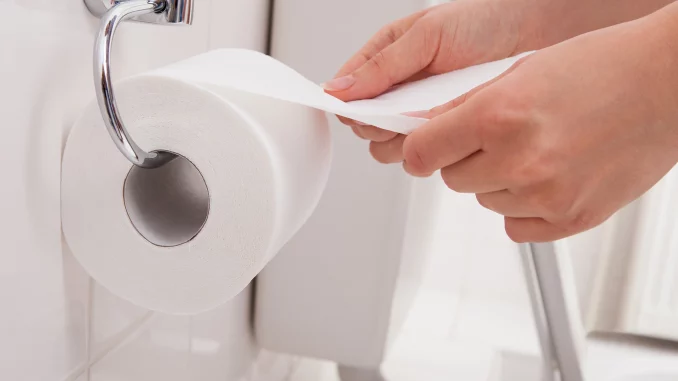
Toilet paper has long been the go-to choice for maintaining personal hygiene after using the restroom. However, recent discussions surrounding its environmental impact, potential health concerns, and the availability of more sustainable alternatives have sparked a growing interest in reevaluating our reliance on this conventional product. In this article, we will explore why it may be better to consider alternatives to toilet paper that are both environmentally friendly and potentially more hygienic.
1. Environmental Impact
The production and disposal of toilet paper have significant environmental implications. Forests are often cleared to make way for pulpwood plantations, leading to deforestation and habitat loss. Moreover, the manufacturing process involves substantial water and energy consumption, as well as the use of chemicals like bleach. The packaging and transportation of toilet paper also contribute to carbon emissions.
By transitioning away from toilet paper, we can reduce our ecological footprint and contribute to the preservation of forests and ecosystems. Opting for more sustainable alternatives helps conserve resources and minimize pollution.
2. Hygiene Considerations
Contrary to popular belief, toilet paper may not be the most effective method for achieving optimal cleanliness. While it may remove some surface-level debris, it can leave behind traces of bacteria and fecal matter, leading to potential hygiene issues. This can be particularly problematic for individuals with certain medical conditions or sensitivities.
Water, on the other hand, offers superior cleansing power. It can effectively remove bacteria and promote a higher level of cleanliness. Many cultures around the world have long embraced the use of water for personal hygiene, recognizing its benefits over traditional toilet paper.
3. Bidets and Water-Based Solutions
Bidets, popular in many countries, provide a more thorough and hygienic alternative to toilet paper. These fixtures use a gentle stream of water to cleanse the private areas, ensuring a more comprehensive and comfortable cleaning experience. Bidets are available in various forms, including standalone units or attachments that can be easily installed on existing toilets.
In addition to bidets, handheld sprayers or “bum guns” are gaining popularity. These devices allow for precise control over the water stream and can be used alongside toilet paper or as a standalone cleaning method.
4. Alternative Materials
For those who prefer a physical wiping motion, alternative materials can be explored. Materials like reusable cloth wipes or bamboo-based toilet paper offer sustainable options. Reusable cloth wipes can be made from soft, absorbent fabric and can be laundered after use. Bamboo toilet paper is a more eco-friendly alternative to traditional options, as bamboo grows quickly and requires fewer resources to produce.
5. Health Considerations
Some individuals may experience irritation or discomfort due to the chemicals present in conventional toilet paper. The bleaching agents and fragrances used in its production can cause skin irritation and allergic reactions. By transitioning to alternative methods or materials, individuals with sensitive skin or allergies can potentially alleviate these concerns and maintain better overall comfort and well-being.
Conclusion
Rethinking our reliance on traditional toilet paper is a step towards a more sustainable and hygienic future. The environmental impact, potential hygiene considerations, and availability of alternatives like bidets, water-based solutions, reusable cloth wipes, and bamboo toilet paper make a compelling case for exploring alternative options. By embracing these alternatives, we can reduce our ecological footprint, promote better personal hygiene, and potentially alleviate health concerns related to conventional toilet paper. Remember, it’s essential to choose the option that best suits your needs and preferences, and be open to the idea of change for the sake of a cleaner and more sustainable future.
Share this:
- Click to share on Facebook (Opens in new window)
- Click to share on Twitter (Opens in new window)
- Click to share on WhatsApp (Opens in new window)
- Click to share on Reddit (Opens in new window)
- Click to share on Telegram (Opens in new window)
- Click to share on Pinterest (Opens in new window)
- Click to share on LinkedIn (Opens in new window)